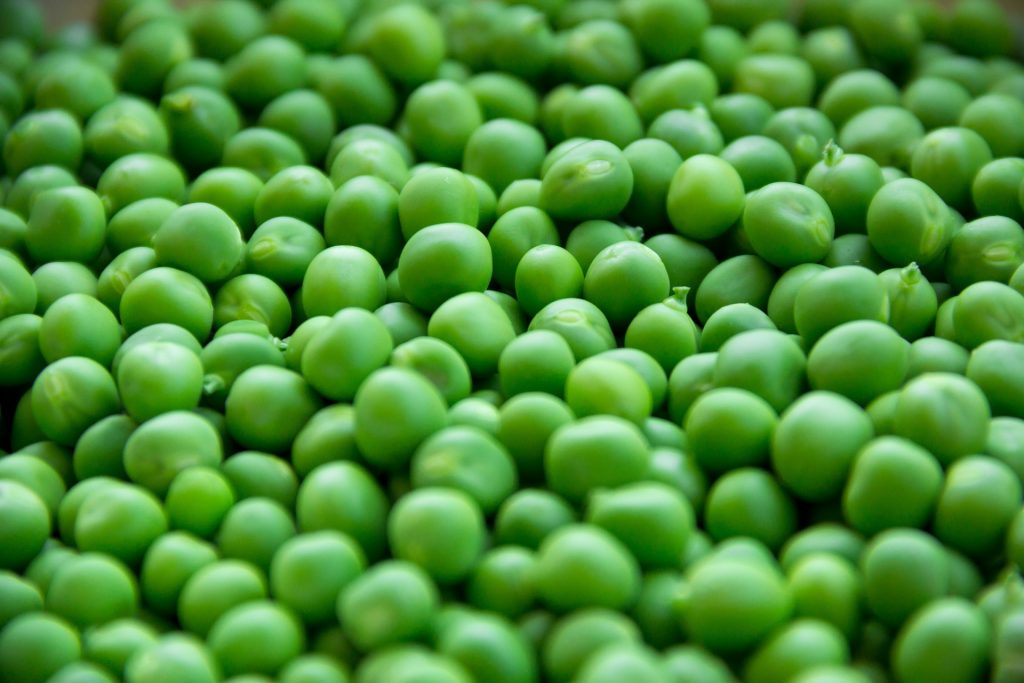 Pulses are the non-oil seeds of leguminous plants. Pulses that are common in the diet include lentils, chickpeas, beans and dry peas. Pulses have been suggested to aid in weight control, particularly in those who have developed insulin resistance. A number of studies have investigated the weight loss effects of pulses, and generally studies show a small but consistent beneficial effect for pulses at improving body composition. The weight loss effects of pulses likely stem from their ability to slow the release of glucose to the blood from the gut, and this has a beneficial effect on insulin sensitivity over the medium term. The ability of pulses to inhibit glucose absorption may be due to their high soluble fibre content, which physically limits starch digestion and glucose transport. In addition, pulses contain inhibitors that may prevent the digestion of starch, or inhibit the rate of glucose production from starch. Lastly the high protein content of pulses may also decrease the absorption rate of glucose.
Pulses are the non-oil seeds of leguminous plants. Pulses that are common in the diet include lentils, chickpeas, beans and dry peas. Pulses have been suggested to aid in weight control, particularly in those who have developed insulin resistance. A number of studies have investigated the weight loss effects of pulses, and generally studies show a small but consistent beneficial effect for pulses at improving body composition. The weight loss effects of pulses likely stem from their ability to slow the release of glucose to the blood from the gut, and this has a beneficial effect on insulin sensitivity over the medium term. The ability of pulses to inhibit glucose absorption may be due to their high soluble fibre content, which physically limits starch digestion and glucose transport. In addition, pulses contain inhibitors that may prevent the digestion of starch, or inhibit the rate of glucose production from starch. Lastly the high protein content of pulses may also decrease the absorption rate of glucose.

Pulses are a good food to include as part of a balanced high quality diet. Pulses contain starch and so are a good source of carbohydrate, but they are also high in protein. Pulses are also high in soluble fibre which is often in the form of gums. When mixed with water, these gums form viscous layers in the gut that slow the digestion and absorption of glucose. The gums can also act as a source of nutrients for gut bacteria, and this may provide important nutrients to the host, including short chain fatty acids such as acetate, butyrate and propionate. Replacing refined starch with pulses can significantly improve insulin sensitivity and decrease the risk of developing the metabolic syndrome. In those who have severe insulin resistance and have already developed metabolic syndrome, pulses are an effective way to reverse the course of the disease. Peanuts are legumes, but are not pulses as they are not dried non-oil seeds.
A meta-analysis of previous studies was performed to see the overall weight loss effects of pulses. The studies included in the meta-analysis were those of three weeks duration or longer, and were of a design whereby the studies compared diets containing whole pulses of various kinds with diets containing no pulses. The median intake of pulses was 132 grams per day, which the authors suggest was equivalent to about 1 serving per day. The mean duration of the studies was 6 week. Interestingly, weight loss was present for pulse diets that included energy restriction, and also for pulse diets that had no energy restriction. The ability of pulses to cause weight loss with no energy restriction has been shown previously in diabetic subjects who consuming half a tin of baked beans in tomato sauce per day. Taken as a whole these results suggest that pulses have significant weight loss effects and the improvements in body composition demonstrated by pulses can be seen in as little as 6 weeks.
Eat Well, Stay Healthy, Protect Yourself
RdB
